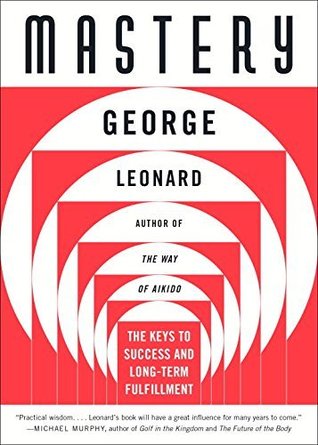More on this book
Community
Kindle Notes & Highlights
The types of learners I would later characterize as the dabbler, the obsessive, and the hacker (see Chapter Two) revealed themselves, in most cases, after only a few classes.
The master’s journey can begin whenever you decide to learn any new skill—how to touch-type, how to cook, how to become a lawyer or doctor or accountant.
The Obsessive is a bottom-line type of person, not one to settle for second best. He or she knows results are what count, and it doesn’t matter how you get them, just so you get them fast. In fact, he wants to get the stroke just right during the very first lesson. He stays after class talking to the instructor.
The Hacker has a different attitude. After sort of getting the hang of a thing, he or she is willing to stay on the plateau indefinitely.
It would be truly foolish to let the decline of communism blind us to the long-term contradictions in a free market economy unrestrained by considerations of the environment and social justice, and driven by heedless consumerism, instant gratification, and the quick fix.
Where in our upbringing, our schooling, our career are we explicitly taught to value, to enjoy, even to love the plateau, the long stretch of diligent effort with no seeming progress?
Why do we sit for hours in the babbling bath of television while life’s abundant opportunities drift past unseen?
Overcompetitiveness. The would-be master who thinks about nothing but winning is sure to lose in the long run. The statement “Winning isn’t everything, it’s the only thing” is one of the greatest of hoaxes. Think about it: if winning is the only thing, then practice, discipline, conditioning, and character are nothing.


